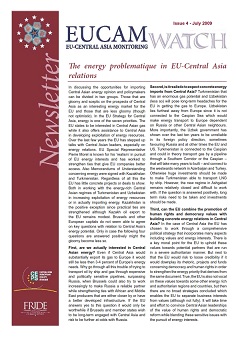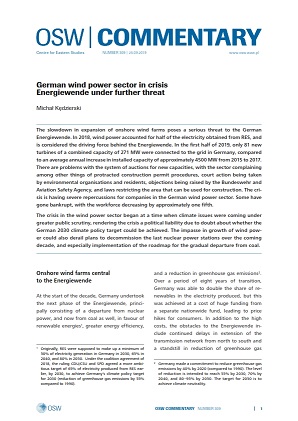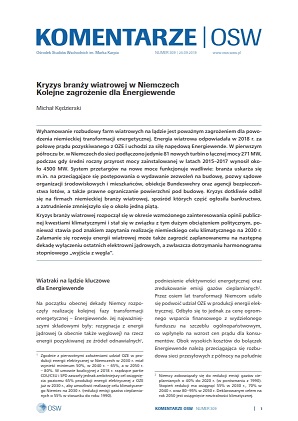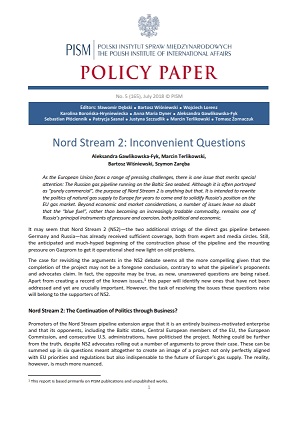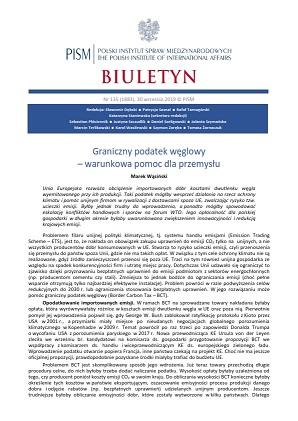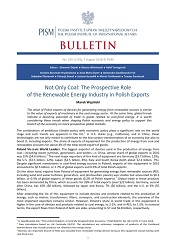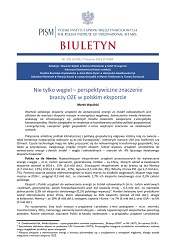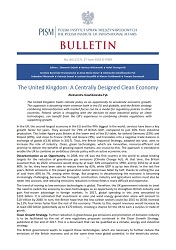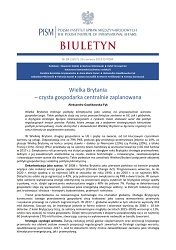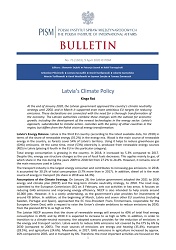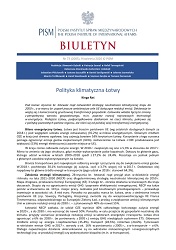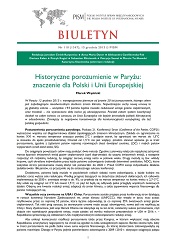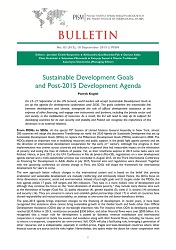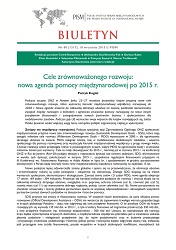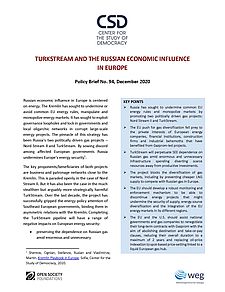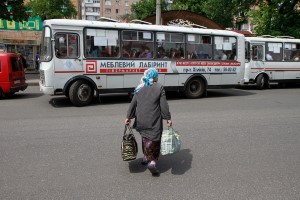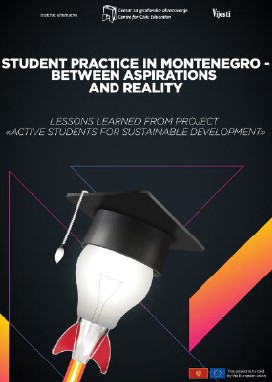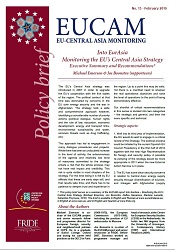
Into EurAsia. Monitoring the EU’s Central Asia Strategy. Executive Summary and Recommendations
The EU’s Central Asia strategy was introduced in 2007 in order to upgrade the EU’s cooperation with the five states of the region. The political context at that time was dominated by concerns in the EU over energy security and the war in Afghanistan. The strategy took a wide and comprehensive approach however, identifying a considerable number of priority actions (political dialogue, human rights and the rule of law, education, economic development, energy and transport links, environmental sustainability and water, common threats such as drug trafficking, etc). This approach has led to engagement in many dialogue procedures and projects. While there has been an undoubted increase in the level of activity, the extensiveness of the agenda and relatively low level of resources committed to the strategy entails a risk that the whole process may not have real impact and credibility.
More...
